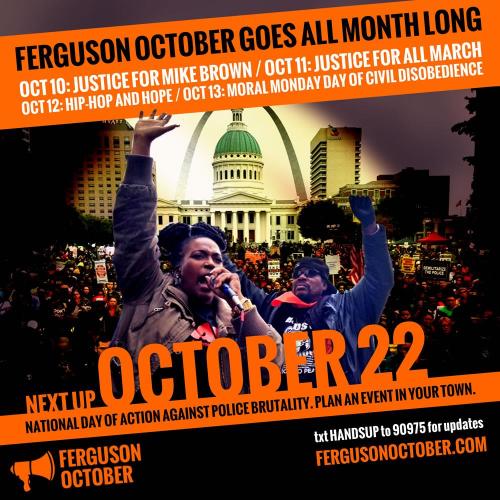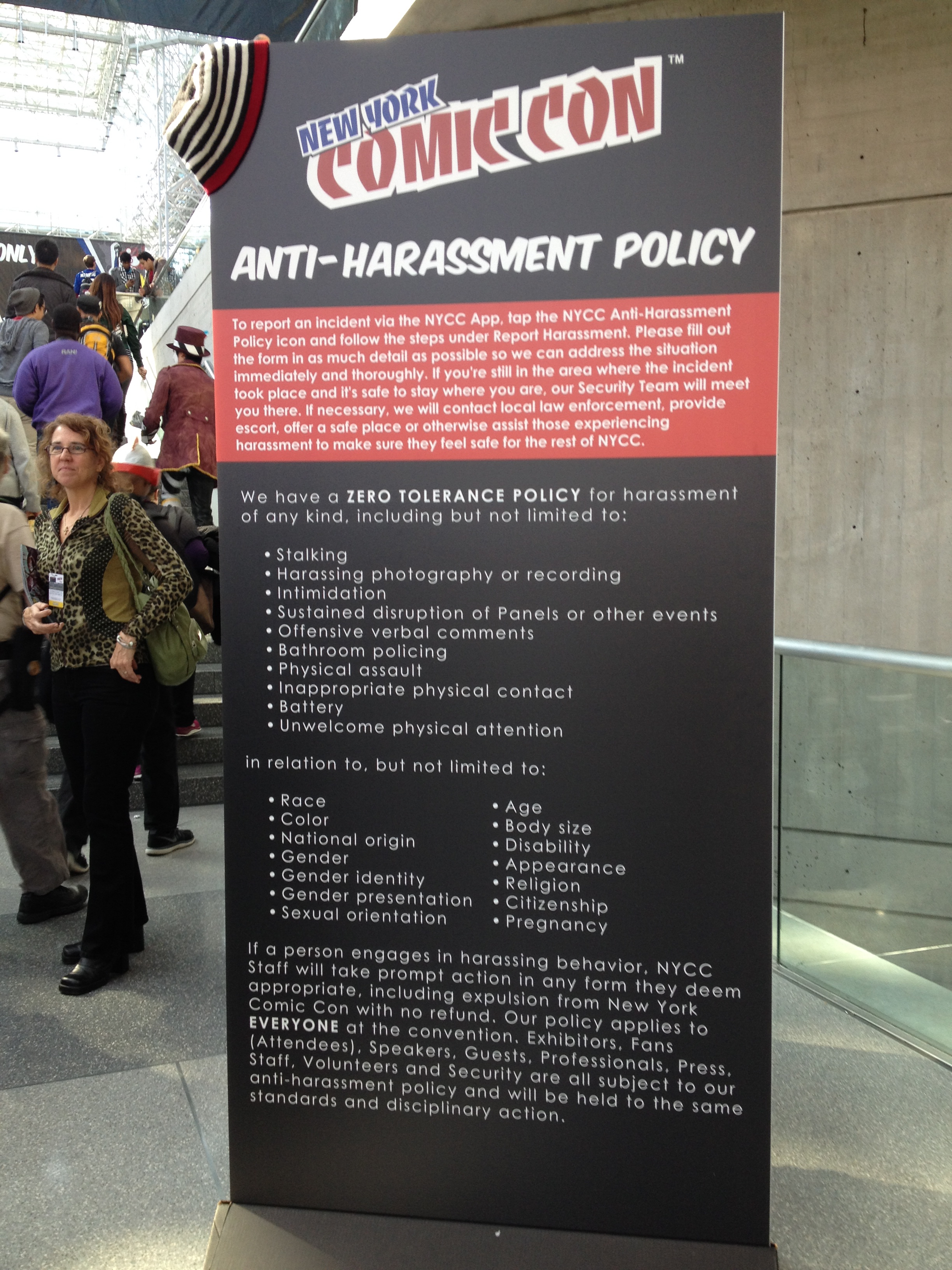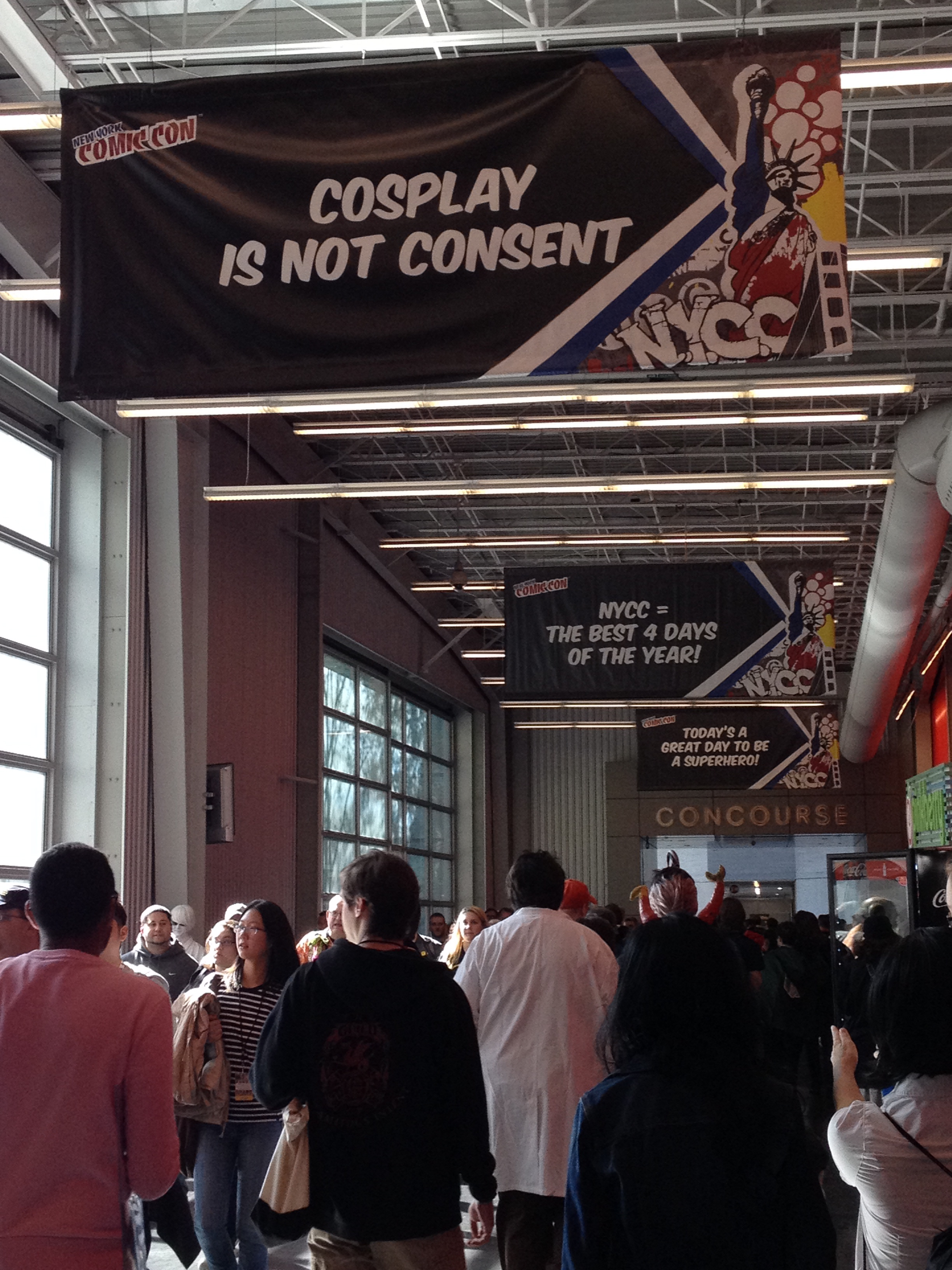I have never been grabbed by a stranger in my life.
I was walking around in the West Village after work today; talking with my mom on the phone about visiting Georgia at the end of the month. I had my headphones on, but I always keep one ear off, just to stay alert/aware of my surroundings. Even though the West Village is a family friendly, brownstone neighborhood, you honestly never know. Which brings me to this:
As I was talking with my mom, a man, obviously a bus boy of some kind because of his apron, walking in front of me. Did the usual up-and-down as I walked towards him. I kept my head down and continued walking, as I normally do. Because I was talking to my mom and not listening to music, I heard him call me “Sweet Baby.” Nothing out of the norm, usual annoyance.
Then, he grabbed my arm. He physically put his hand on me, this stranger. Immediately I figured out in a fight-or-flight situation, I’m fight.
I snapped around, with my headphones still on, practically yelling, pointed my finger in his face and said,
“Don’t you dare ever f**king touch a woman without her permission. Do you understand me?”
He froze. And said sorry with his hands up, and slowly backed away. I continued,
“Take this as a f**king lesson. Do not ever make a woman feel unsafe. Do not ever make anyone feel unsafe. Be fucking ashamed of yourself. Learn from this. Remember this.”
And as I was telling this to my brother, he made a really great point. Thank God I had that reaction. Because you never know what people are capable of, and if he had really intended to harm me, there’s only so far you can run. There’s only so much you can do if you freeze up, which is a lot of women’s natural reaction to a physical threat.
I got mad, I defended myself. And I felt really f**king good about it. And I never usually call people like that out, ever.
But the minute you put your hands on a stranger, male to female, male to male, female to male, you’ve got to fight. Because you never know what someone’s intentions are the minute they put their hands on you.
– Rebecca Florence
Location: West Village, NYC
Share your street harassment story for the blog.
See the book 50 Stories about Stopping Street Harassers for more idea




